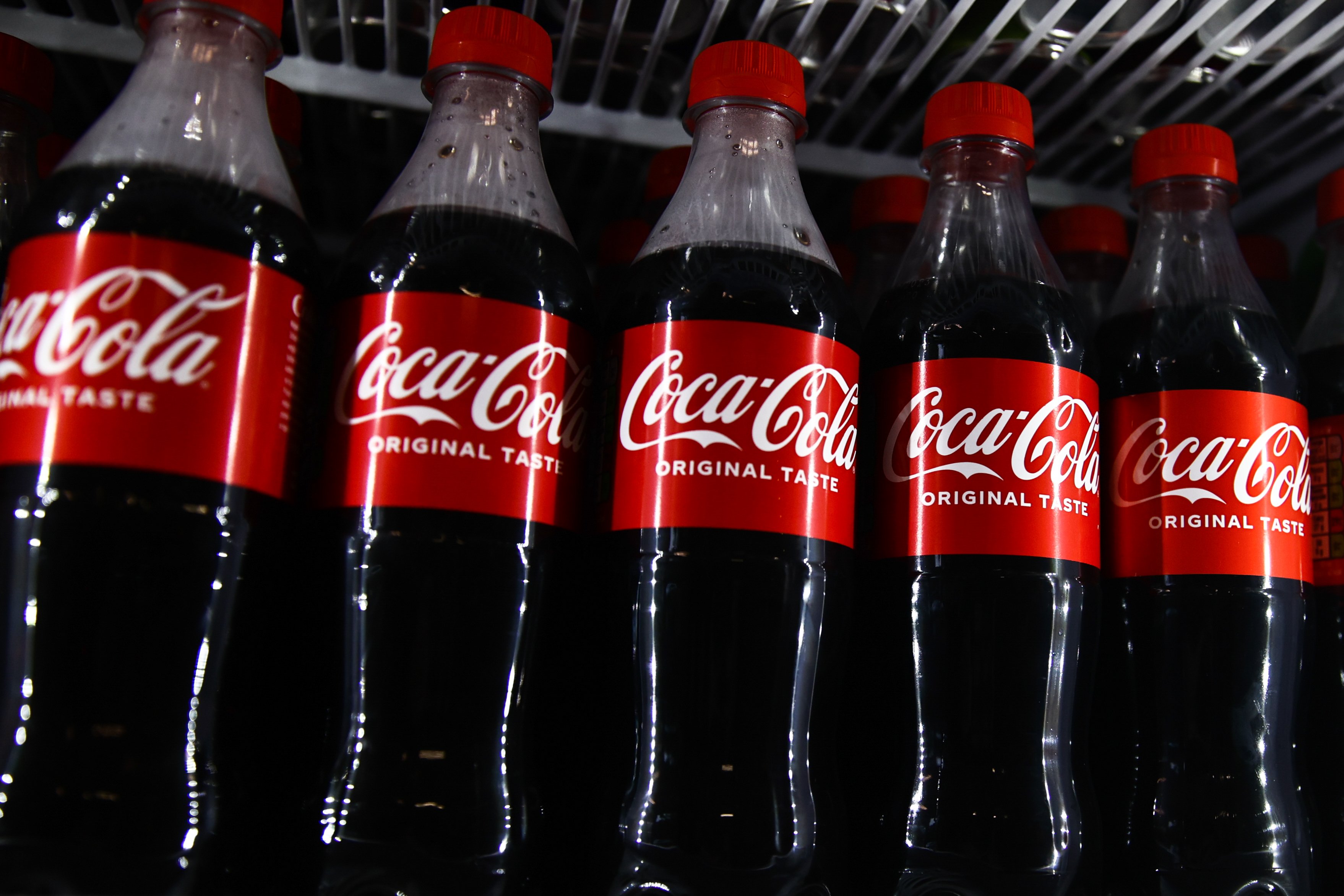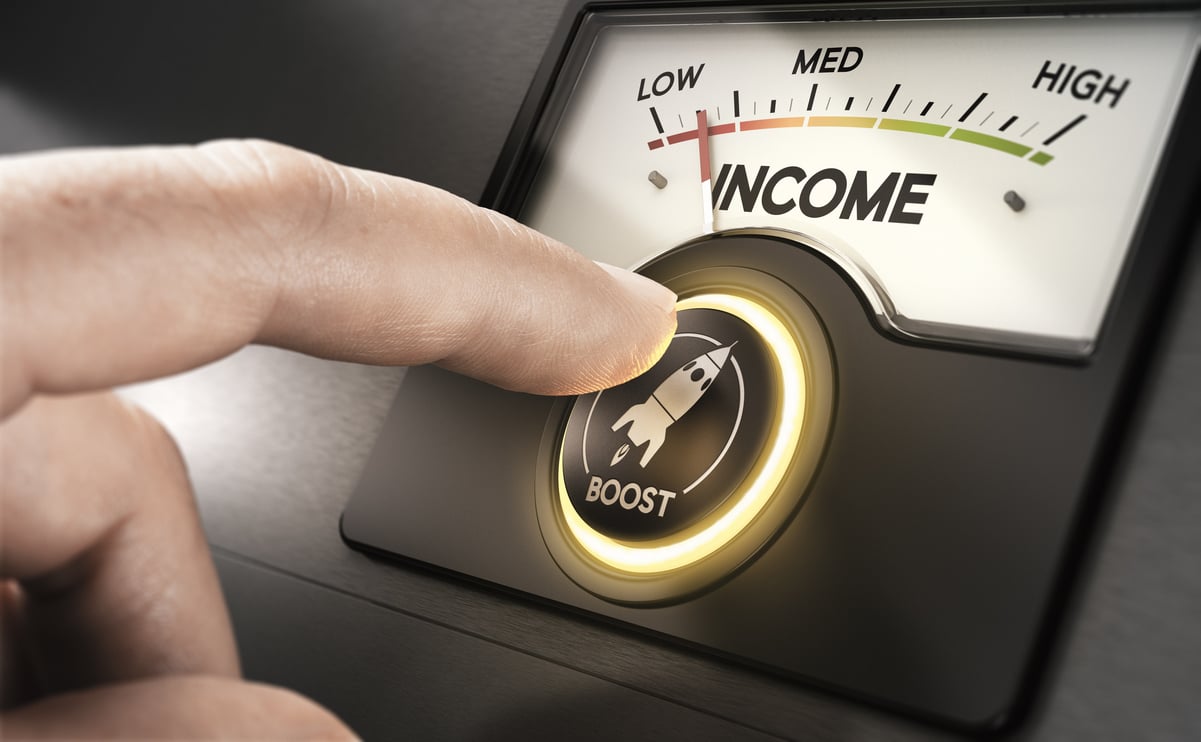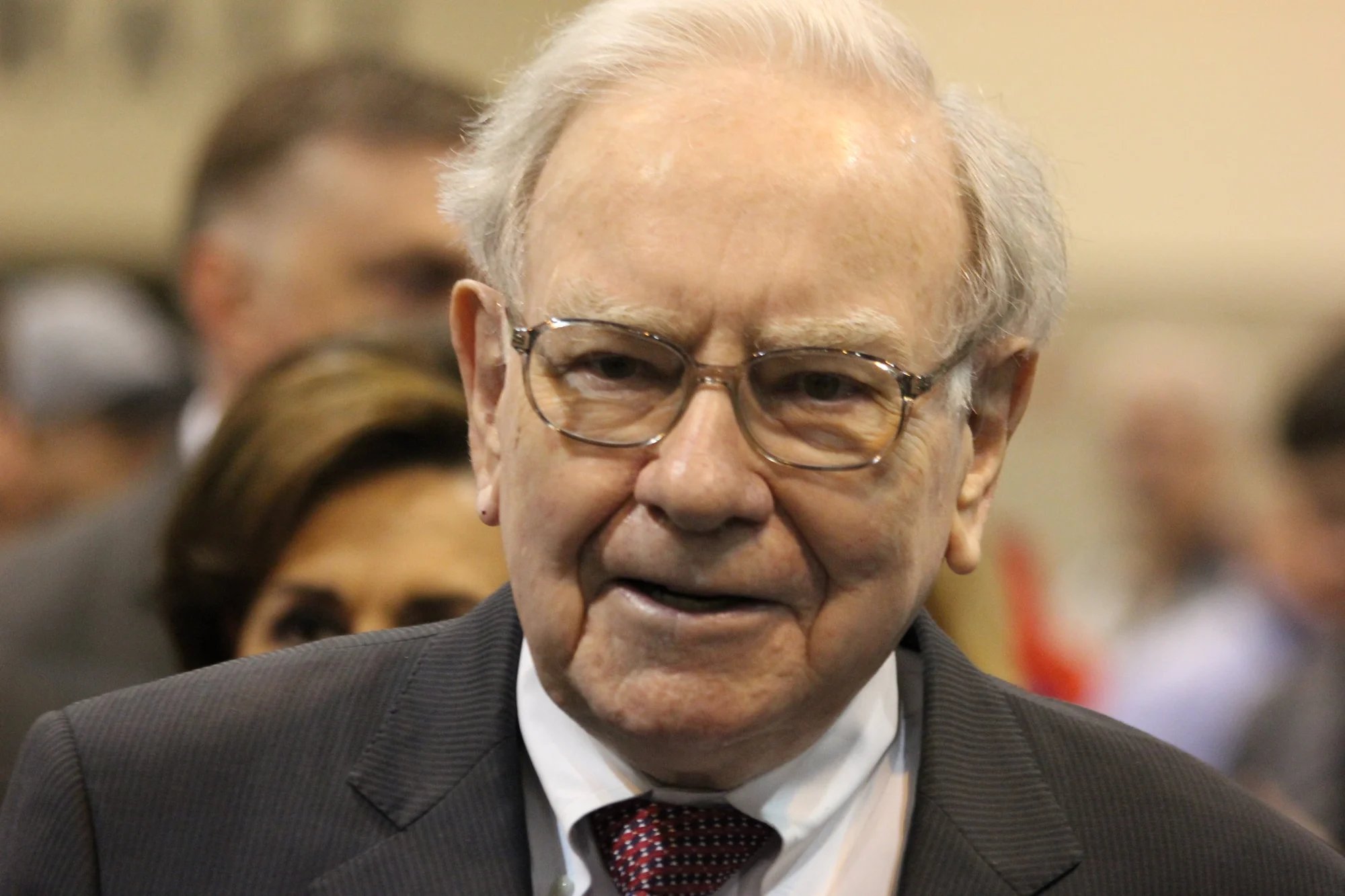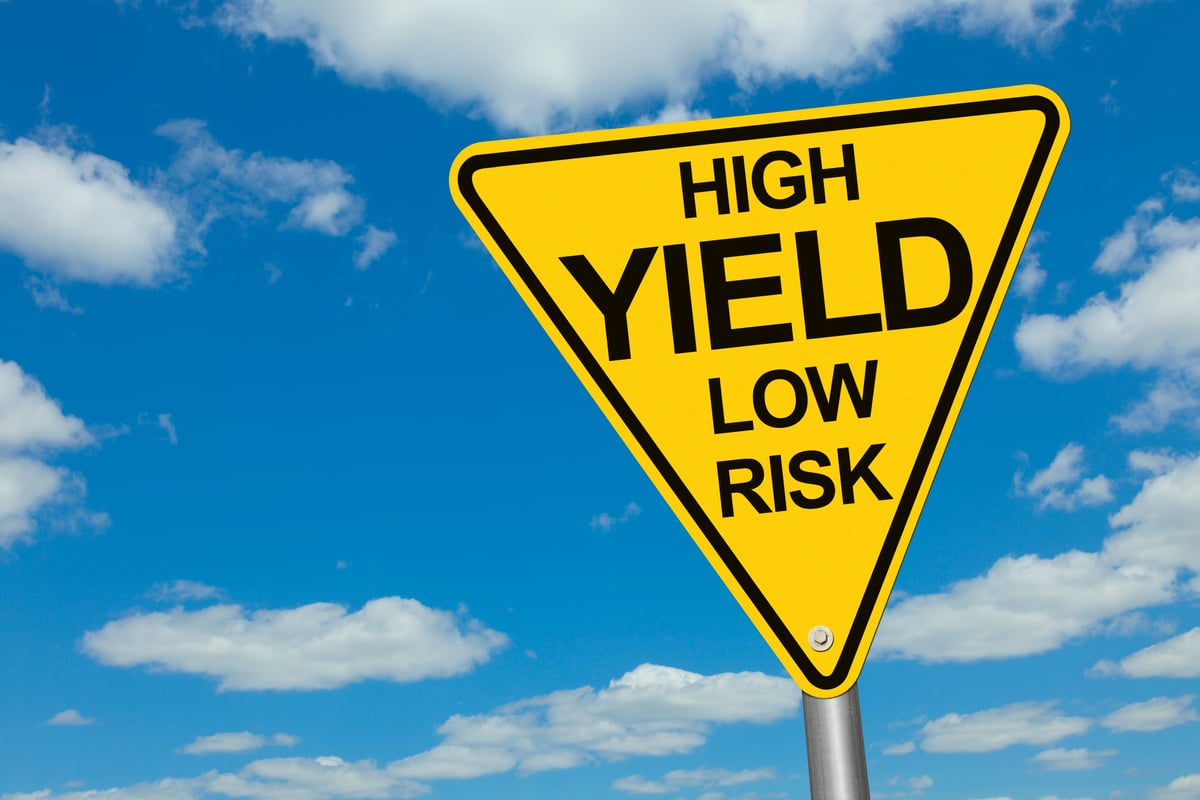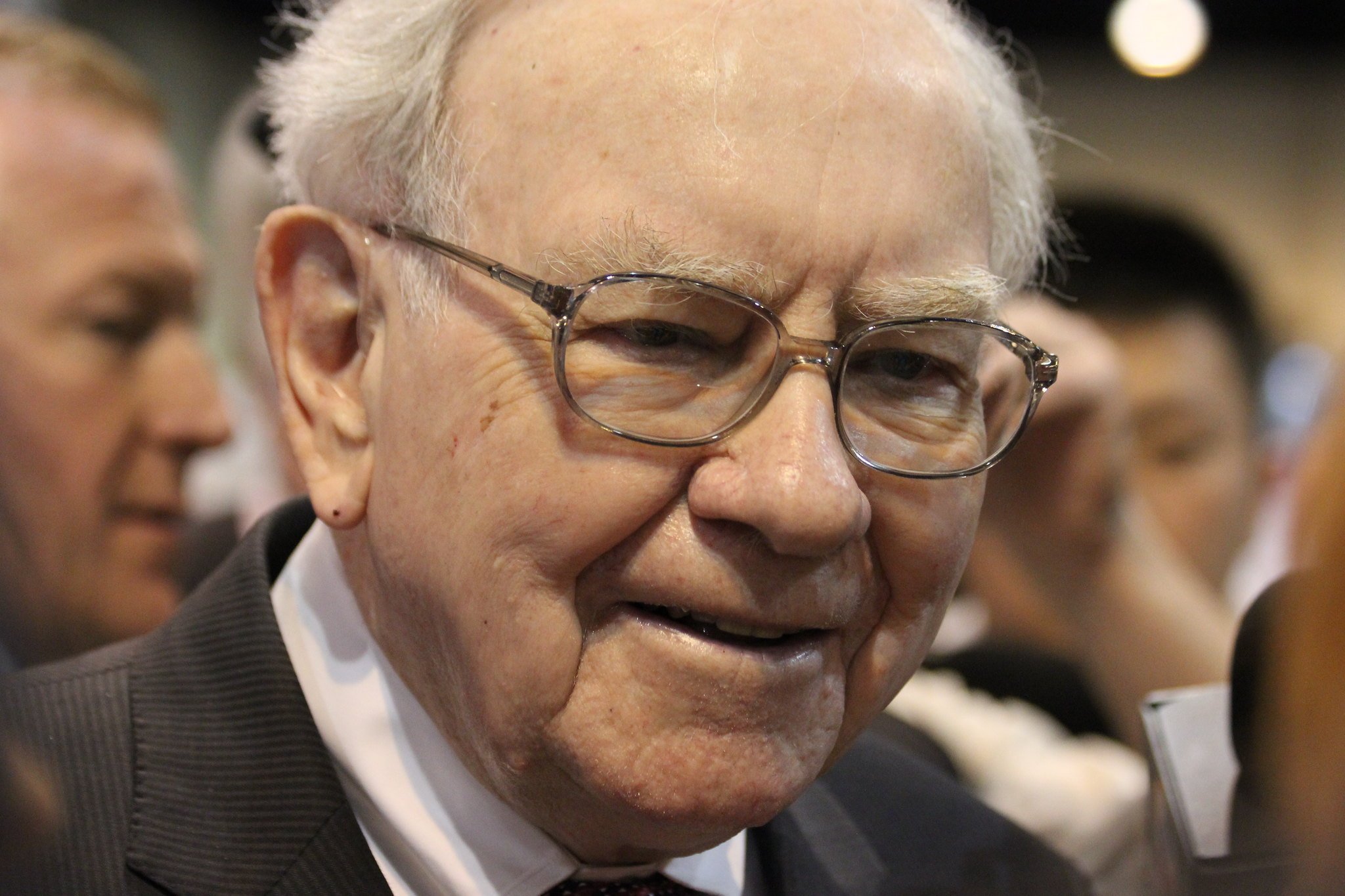For the 10th year in a row, soda consumption has declined in the U.S. Total volume sales of fizzy beverages fell 0.9% in 2014, with Coca-Cola (KO +0.94%) shipments sliding by 1.1% and Pepsi (PEP +1.50%) losing 1.4%.
The continued drop is not a surprise as Americans become increasingly health conscious and restrict their intake of carbonated soft drinks and other products seen as empty calories. But while soda sales are down across the board, the biggest impact from changing consumer tastes is on diet sodas. Diet Coke sales fell 6.6% last year after tumbling 15% over the two years prior. In the process, it slipped from No. 2 in U.S. market share to No. 3 behind Pepsi. Diet Pepsi sales, meanwhile, were down 5.2% last year.

Coca-Cola Life. Source: Coca-Cola
For a category that had been so successful since it boomed in the 1980s following the approval of aspartame, the shift has been dramatic and has knocked the wind out of Big Soda. Despite the zero-calorie claims, Americans have grown suspicious of the artificial sweeteners often found in diet beverages.
In response to this trend, Coke and Pepsi have set out on a quest for the holy grail of diet sodas -- a zero-calorie sweetener that mimics the taste of the classic colas.
It may not be a cure for cancer, but it is worth billions
In biotech labs around the world, food scientists are working to develop such a product. With diet soda making up a huge piece of the $187 billion soft drink market, the stakes are high.
Over the years, Coca-Cola has tried to expand on its diet drink success, most notably with Coke Zero, a brand more aimed at men, as opposed to Diet Coke, which is more often consumed by women. The company also launched Coca-Cola Life, a low-calorie alternative sweetened with extract from the stevia plant, which has 35% fewer calories than regular soda.
Scientists are focusing on stevia as the secret to unlocking the perfect diet soda. The plant has its roots among the Guarani people of Paraguay, who chewed it and used it as a sweetener in teas and foods. It started to become a commonly used sweetener in the U.S. when the Food and Drug Administration approved the use of a molecule from the plant called rebaudioside A, which can be 300 times as sweet as sugar.
Despite its success in other drinks such as tea, it has a licorice-like aftertaste when used to fully sweeten colas, which is why Coke and others have only used stevia in combination with regular sugar in their soft drinks.
However, scientists have found stevia molecules with less unpleasant aftertastes, but those compounds make up less than 1% of the leaf, creating a potential cost issue. That is why scientists are working to incubate the molecules using stevia genes in the laboratory and yeast to reproduce them.
Evolva Holding, the biotech company developing the molecules, expects the new sweetener to be ready by next year, and early results have been strong. An executive at Cargill, one of the largest agribusiness companies in the world, said in a Bloomberg article, "What we have seen has delivered significantly better taste. Sugarlike taste, no aftertaste, no bitterness."
Other biotech companies are taking a different approach to the same problem, trying to enhance the taste of sugar so less is needed.
Whatever the outcome, finding a zero-calorie sweetener with the taste profile of sugar will not necessarily save the soda giants. The abandonment of diet sodas is a sign that consumers are not just concerned about calories. There is a growing wholesale movement in the country against processed foods -- consumers are demanding greater transparency about the products they put in their bodies. While the stevia plant is natural, the idea of drinking something produced in a lab might be off-putting to consumers.
As for Coca-Cola Life, which hit some U.S. shelves last fall, the initial response has been pretty good. More than half of its reviews on Amazon.com were five stars, and it had an overall rating of 3.9. In a survey, 80% of buyers said they would purchase it.
Ultimately for Coca-Cola Life and Pepsi's version, Pepsi True, as well as any future zero-calorie incarnations, this might come down to image and marketing. If Coke and Pepsi can counter any health concerns about stevia and truly make a zero-calorie cola that rivals the sugared versions, this could be the blockbuster product the industry has been seeking.

